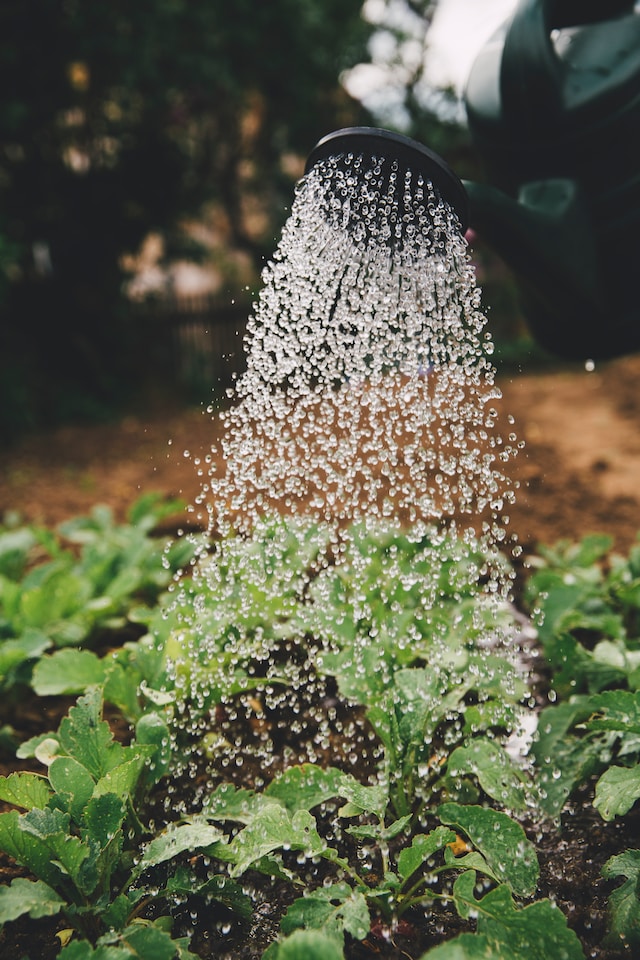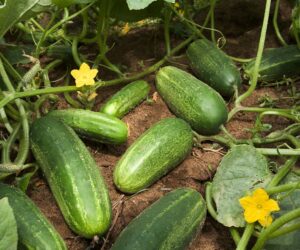If you are planning to transform your backyard garden more energy efficient, you’re at the right place. We’ll shortly share ten effective tips to make your backyard garden more sustainable and environment-friendly.
Creating an energy-efficient backyard garden will benefit the environment and save you from long-term unnecessary expenses.
And by practicing water conservation techniques to smart lighting solutions, you’ll be able to create an eco-friendly and sustainable outdoor space with minimum environmental impact. Now, let’s check out the tips.
Opt For Native Plants
Choosing native plants for your backyard garden has numerous benefits. Native plants are adapted to the local climate and soil conditions, reducing the need for excessive watering, fertilization, and pest control.
Furthermore, these plants require less maintenance and are more resilient, resulting in lower energy consumption. Also, native plants provide food and shelter for local wildlife, promoting biodiversity and creating a balanced ecosystem within your small piece of land.
Choose Efficient Lighting
Well-planned and efficient lighting can transform your garden while conserving energy. Opt for energy-efficient LED lights for outdoor lighting, as they consume less electricity and have a longer lifespan than traditional incandescent bulbs.
Incorporate motion sensors or timers to control lighting, ensuring lights are only on when needed. Consider using solar-powered lights to illuminate pathways and outdoor areas, harnessing renewable energy during the day and providing ambient lighting at night.
You should seek service from a professional electrician in Columbia, SC if you live near Seven Oaks, Dentsville, or Camden, to get the best lighting installation for your backyard garden.
Water Appropriately
Conserving water is essential for an energy-efficient garden. To achieve this state, consider implementing a drip irrigation system that delivers water directly to the plant roots, minimizing evaporation and reducing water waste.
Install a rainwater harvesting system to collect and store rainwater, which can be used to irrigate your garden during dry periods. Mulching around plants helps retain moisture in the soil and prevents water loss through evaporation.
Furthermore, watering your plants during the early morning or late evening reduces water loss due to evaporation caused by direct sunlight.

Utilize Composting
Composting is a natural and energy-efficient way to improve soil quality and reduce waste. Composting kitchen scraps, yard waste, and plant materials creates nutrient-rich soil amendments that enrich your garden.
Instead of relying on chemical fertilizers, composting provides a sustainable alternative that supports healthy plant growth, reduces landfill waste, and avoids the energy-intensive production of manufactured or synthetic fertilizers.
Optimize Garden Layout
Optimized garden design and layout can enhance energy efficiency. Watch closely the sun’s path throughout the day when determining the placement of plants.
Strategic positioning of taller plants or structures can shade more delicate plants, reducing water requirements and preventing excessive sun exposure.
Grouping plants with similar watering needs together also allows for efficient irrigation practices. Moreover, creating windbreaks with hedges or fences can minimize the impact of strong winds on your garden, protecting plants and reducing water evaporation rates— not to mention an effective method to keep your garden clean and tidy with minimum effort.
Install a Rain Garden
Rain gardens are an excellent addition to an energy-efficient garden nowadays. These specially designed areas collect rainwater runoff, preventing water from pooling or washing away valuable topsoil.
By using native plants in the rain garden, excess water is naturally absorbed, reducing the strain on stormwater systems and conserving water resources. Rain gardens also act as natural filters, removing pollutants and improving water quality.
With proper design and implementation, rain gardens can significantly reduce the need for artificial irrigation and support the health of your garden ecosystem.
Integrate Renewable Energy
Incorporating renewable energy solutions to power various aspects of your backyard garden is a great way to make your garden sustainable. For instance, solar panels can provide electricity for garden lighting, water pumps, or other electrical devices.
By harnessing the sun’s power, you can reduce your reliance on grid electricity and lower carbon emission. Additionally, solar energy systems often come with incentives and tax credits, making them a financially viable option in the future.
Implement Smart Irrigation Systems
Upgrade your garden’s irrigation system to a smart one that utilizes weather data and soil moisture sensors. These systems automatically adjust watering schedules based on real-time conditions, preventing overwatering and reducing water waste.
Smart controllers can connect to local weather stations and adjust watering cycles accordingly, accounting for rainfall or humidity levels. By practicing irrigation, you can save significant amounts of water and energy while maintaining a healthy garden.
Go For Organic Pest Control
Instead of relying on chemical pesticides, opt for organic pest control methods to protect your plants and the environment. Encourage natural predators such as ladybugs and birds to control pests by providing habitats and food sources.
Try companion planting, where certain plants are grown together to deter pests or attract beneficial insects. Also, regular inspection and handpicking of pests can help maintain a healthy balance in your garden without the need for harmful chemicals.
Keep Soil Health Intact
Healthy soil is the foundation for a thriving garden and is crucial in reducing overconsumption of energy. So, choosing the best soil mix for your garden is crucial. Besides, you should improve soil health by adding organic matter, such as compost, to enhance nutrient content and moisture retention.
Remember, well-nourished soil reduces the need for excessive fertilizers and irrigation. Hence, practice crop rotation to prevent nutrient depletion and control soil-borne diseases naturally.
Furthermore, you can apply mulching with organic materials to help regulate soil temperature, reduce evaporation, and inhibit weed growth. Investing in soil health can create a sustainable garden ecosystem that minimizes energy inputs while maximizing plant growth.
Conclusion
Creating an energy-efficient backyard garden is a rewarding function that benefits both the environment and your personal well-being. Implementing the ten tips discussed in this article can significantly reduce energy consumption, conserve water, and promote sustainable gardening practices.
So, let your backyard garden be a shining example of sustainable living and pure natural resources.



